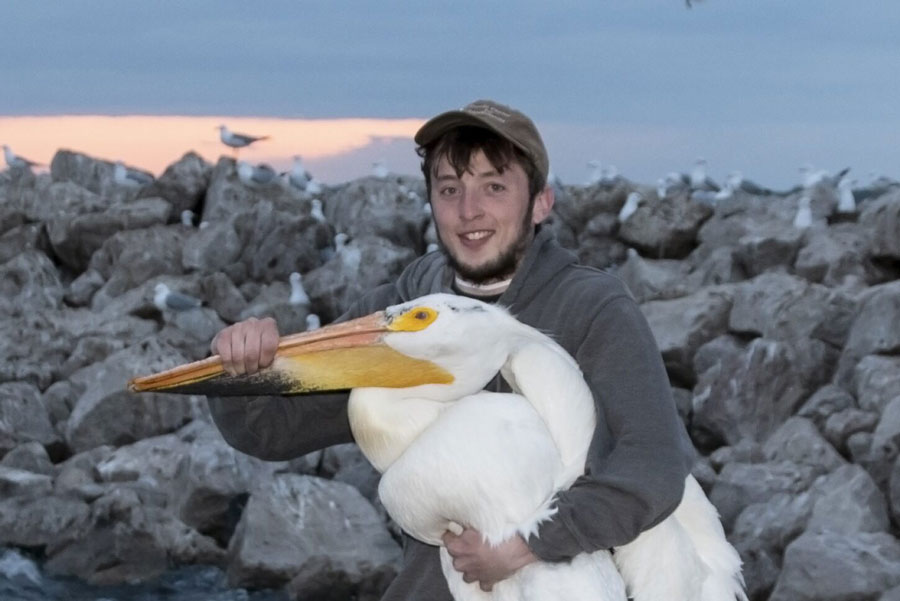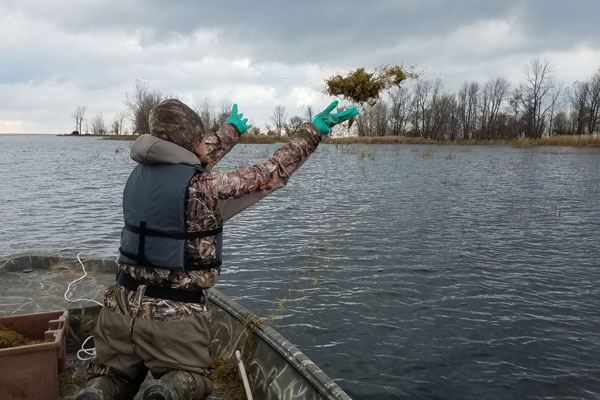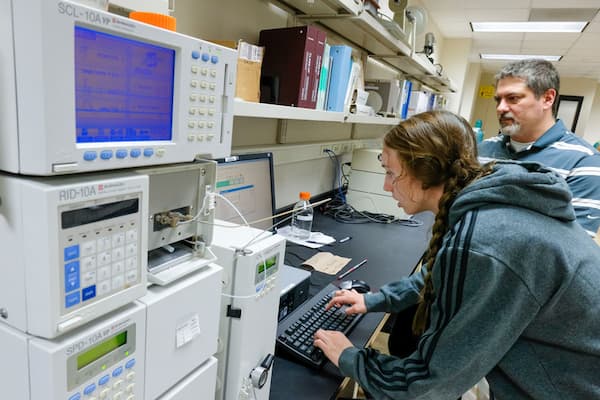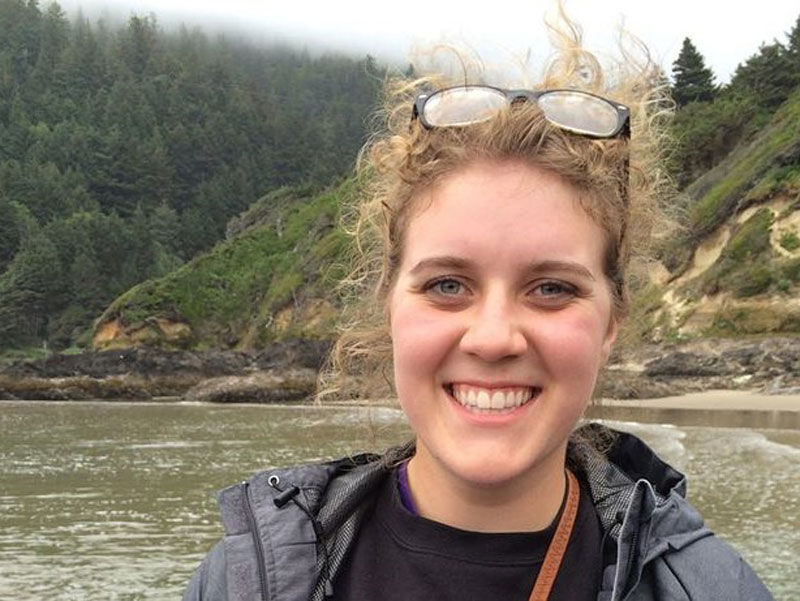About
Small Classes, Big Benefits
Our professors specialize in personal attention and student success.
At UW-Green Bay, you'll never just be a number in a seat. Many of our students work on research projects, get access to internship opportunities and get professional support through close relationships with professors. The program is designed to fit your needs, whether you are full-time or part-time, with most courses also offered at times convenient for working individuals. You'll get a solid foundation for building a career in the multifaceted fields of environmental science and policy.



Degree Tracks
Based on your interests and needs as a student, you'll choose a degree track first before you determine your area of emphasis.
Areas of Emphasis
After you choose your degree track, you'll choose an area of emphasis that fits your career goals.
Facilities
Knowledge gained beyond the classroom throughout our facilities means practical experience for you.
Tuition & Aid
Preparing now can pay off in the future. Find out how much your degree will cost, as well as ways to make it more accessible.
Calculate Your Cost
Investing money now can pay off in the future by earning a graduate degree and standing out to employers.
Finance Your Future
From grants to scholarships to filing your FAFSA, there are ways to ease financial stress.
Get an Assistantship
All students are considered for both research and teaching assistantships, where you can improve your resume and build your skills while earning money.
Choose Your Adventure
Our master's degree in Environmental Science and Policy program features courses from a number of programs, representing the need for collaboration between many fields to solve environmental problems.
- Sustainability
- Biodiversity Conservation & Management
- Biology
- Chemistry
- Environmental Science
- Geoscience
- Mathematics & Statistics
- Political Science
- Public Administration
- Water Science
Learning Outcomes
Graduates will develop and demonstrate:
- Knowledge specific to their Area of Emphasis.
- An understanding of the complex nature of environmental problems and the interrelated roles of science, administration, politics, policy, and technology in their solution and in the formulation and implementation of environmental policy.
- A working knowledge of the biological, chemical, physical, political, and administrative processes and techniques affecting environmental quality and related issues.
- The ability to contribute to the environmental science and policy research base, to access this research base, and to assess the quality of the research literature.
- The ability to think creatively and to identify potential solutions to current and emerging problems, and to evaluate the technical and economic feasibility of such solutions.
- The ability to design and implement research strategies, collect, organize, and evaluate data, and produce written reports of professional quality, including hands-on skills in using computers to achieve these objectives.

Meet a
Phoenix
"Great opportunities for participating in research projects, volunteering, professional development, presentations, internships and more quickly came flying my way! I felt really tapped into and connected with the wider conservation community, and, consequently, was able to develop a lot of meaningful relationships. I also thought that the networking opportunities provided through my class work, research assistantship and other extracurricular activities were extremely beneficial throughout my graduate studies and beyond."
Megan Hoff '20
M.S. in Environmental Science & Policy | Senior Planner, Lincoln County

Let's Connect
Patrick Forsythe is an expert at understanding fish populations. He's also an expert at answering questions from students about our graduate program, too.